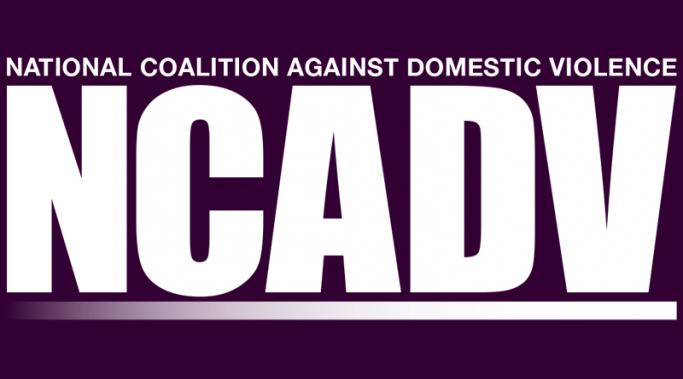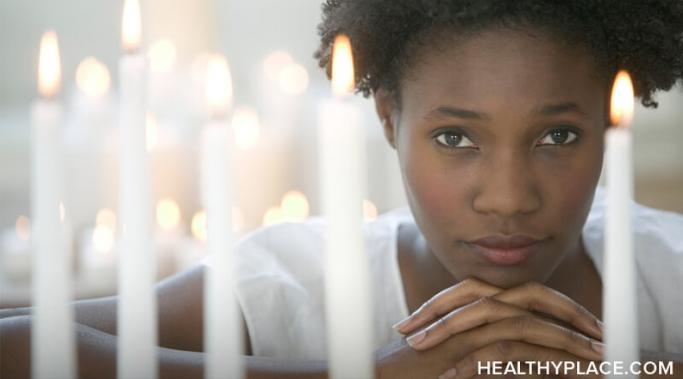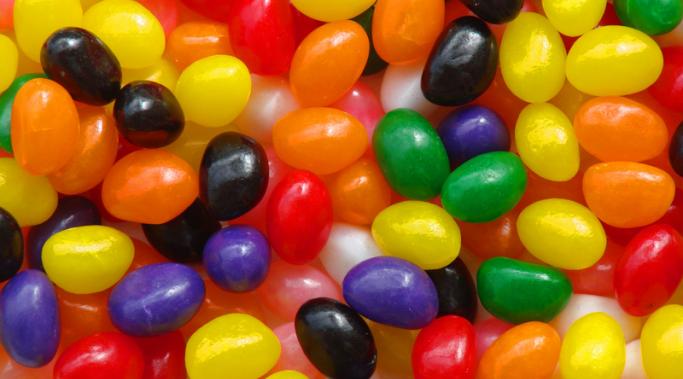Blogs
Mental illness is often connected to anxiety and its best bud insomnia. Often, it is believed to be a concurrent illness--connected to the primary diagnosis-- bipolar disorder for example. In my life it is hard to separate anxiety from insomnia. They invade my life together. Sometimes they hang around for a night or two and leave me in peace, and sometimes they signal something bigger. Relapse.
An Example of Insomnia and Anxiety...
Good news. I heard from the therapist who treated me in college, Dr. Cynthia Wall. I told her I was ambivalent about paying $115 for treatment I wasn't sure I needed. She wrote "I imagine you know what my bias is, but I will say it anyway. No money is wasted on treatment, particularly that related to an addiction. You are worth it!!!"
I also found that I can get the money together given a little time. So now that the money issue is dealt with, I have one more hurdle to clear: psychiatric clearance. Basically, how will borderline personality disorder (BPD) impact my treatment?
I not only dream for a world someday without stigma and with proper treatment for mental illness - I also hope for it. And, for that to happen, we need each other. Reflecting the theme of the recent NAMI Mercer (New Jersey) annual Harvest of Hope conference, we must work together to plant, nurture, and harvest the seeds of hope.
Another "Tragic Drama" re Schizophrenia?
On day three of Mental Illness Awareness Week, this news from the film world: another movie is being planned that will focus on a true story of someone diagnosed with schizophrenia - and, of course, the tragic results.
Because, I suppose, that is way more interesting to the viewing public than a person with treated schizophrenia, who has the courage, patience, and strength to pull his or life back together after a devastating diagnosis and numerous crises.
Addiction affects literally millions of individuals across the United States. Its consequences are felt on a variety of levels. Healthcare and workforce productivity are but two of these areas. But one of the primary issues with addiction lies at the level of the family. Families are often at the front of any number of ancillary issues.
I think it is important to remember that mental illness doesn’t need to be a life sentence. If Dr. Jill Bolte Taylor can essentially re-train her brain to repair itself after a major stroke, we should all be able to re-train our brains in a way as to allow us to battle, and overcome, mental illness.
In 1987, our nation observed the first Domestic Violence Awareness Month. I was 16 years old and never saw a poster saying Fight the Violence or Silence Hides Violence. I wouldn't have known what those slogans meant or referred to anyway. When I was young, domestic violence wasn't an issue for me or for my school or the shops at the mall because we didn't know what it was. Thank goodness it was an issue for the National Coalition Against Domestic Violence (NCADV).
I am struggling in my relationship with Max. He requests more attention from me, and I know his request is rational. Truth is that I find it difficult to connect with him in an intimate way on a regular basis. It seems that "everything else" gets my attention and focus, while I place Max's needs on the back burner.
Christie Stewart
One of the hardest things I dealt with as a self-injurer was disclosing my self-injury to family and friends. Over the years, I have heard from countless people that the reactions of their loved ones was difficult and made them feel even worse in the long-run. This is in large part due to lack of knowledge about self-injury, which then leads to fear and misunderstanding.
It is important to know how to talk to someone who self-injures, and realize that your reaction to their self-injury disclosure makes a big difference. In the following video, I address the family and friends of people who self-injure, and give some important tips on how to react in a helpful way to self-injury disclosure by a loved one.
I remember saying words to my ex-husband, Will, that didn't help my abusive relationship or me at all. Will ignored them for the most part, but the tragedy is that I ignored them too. Here are the top five statements I wish I'd heard myself say.
On Monday, I wrote about the Faces of Mental Illness campaign run by the Canadian Alliance on Mental Illness and Mental Health. This campaign is part of the Mental Illness Awareness Week which is this week in Canada (next week in the U.S.).
I like this campaign, and what’s more, given by the number of people who have read and shared the article, you like it too. People like hearing from other real people who have faced real mental illnesses and come out the other side to create whole and satisfying lives for themselves. And there’s absolutely nothing wrong with that. People find it helpful and hopeful and inspiring.
But the campaign leaves out a huge segment of the mentally ill population. Where is the celebration of those who fight every day to beat their mental illness but don’t become published authors or start a non-profit?








